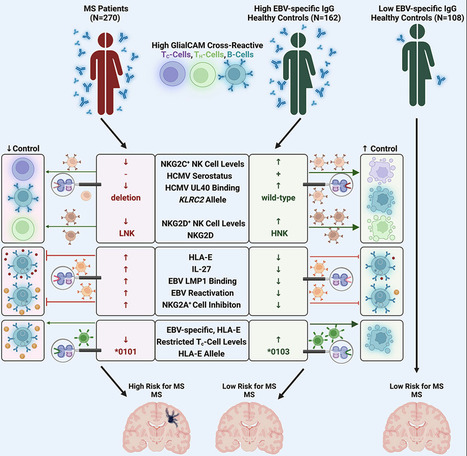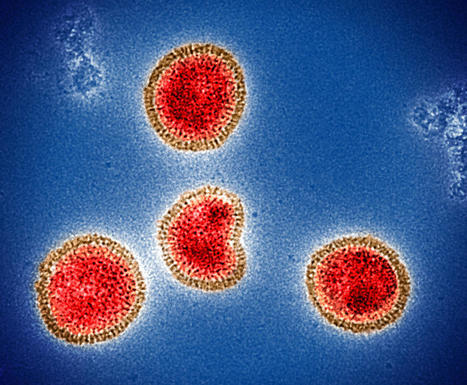The growing number of people with post-Covid syndrome is prompting researchers to look to chronic fatigue syndrome (ME/CFS) for clues. Some survivors of acute bouts of Covid-19 experience a range of persistent medical issues — some lasting for weeks, or even months — that include profound exhaustion, trouble thinking or remembering, muscle pain, headaches, and more. One survivor described it as feeling like she was “hit by a truck.” Anthony Fauci, the country’s top infectious diseases expert, acknowledged this month that the symptoms in many of these unrecovered patients are “highly suggestive” of myalgic encephalomyelitis, the disabling illness also commonly called chronic fatigue syndrome or ME/CFS. “This is something we really need to seriously look at,” said Fauci.
Fauci’s observation, echoed by others, is vitally important, and not only because it provides a warning about the pandemic’s potentially devastating long-term health effects. By noting the possible connection between “post-Covid syndrome” and ME/CFS, Fauci has highlighted the long-neglected field of post-viral illness — a poorly understood phenomenon that likely holds important clues about the causes of, and treatments for, both conditions.
In recent decades, researchers have documented persistent sequela among some people who had acute infections of diseases like SARS, West Nile virus, and the 2009 H1NI influenza virus. Why some people are vulnerable to these chronic symptoms isn’t known. The name “myalgic encephalomyelitis” was coined in the 1950s after an outbreak in a London hospital of what appeared to be a viral illness with prolonged complications. No pathogen was identified as the cause. After an outbreak with similar features occurred in Lake Tahoe in the mid-1980s, a team led by the Centers for Disease Control and Prevention called it chronic fatigue syndrome — and the name became widely adopted. The CDC estimates that up to 2.5 million Americans have ME/CFS, although many remain undiagnosed. A significant minority are homebound, even bedbound. As with post-Covid syndrome, most people report that their illness began with an acute episode of infectious disease, often mononucleosis or the flu. Although studies have documented a range of neurologic, immunologic, metabolic, and other dysfunctions, no specific causes have been identified for ME/CFS and no pharmacological treatments have been developed for it. The cardinal symptom is not fatigue per se, but a prolonged relapse of exhaustion, cognitive dysfunction, and other symptoms after a minimal amount of activity. This is generally called “post-exertional malaise.” For decades, many people with ME/CFS have been dismissed by their doctors, employers, and even family members as experiencing exaggerated or psychosomatic ailments. Some people with post-Covid syndrome are also reporting they are being told that their troubling symptoms likely result from anxiety, depression, or post-traumatic stress....



 Your new post is loading...
Your new post is loading...









